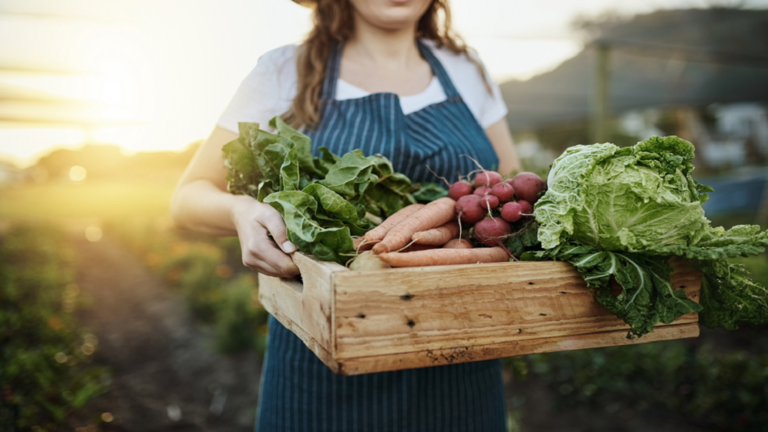Scientists led by Oxford have provided a glimpse into how harmful your favorite foods are to the environment by creating "impact scores" for 57,000 food and drink products in the UK and Ireland. This is bad news for meat eaters, as beef and lamb top the list of the worst foods for the environment, while energy drinks rank among the best. Nuts, dried fruits, coffee, cheese, fish, seafood, tea, pastries, party foods, jams, chocolate, and ready meals also fall among the worst environmental impacts. According to the international research team, squash, roasted potatoes, onion rings, rice, juices, and olives have less impact.
They compared the environmental impacts of meat and alternative meat products, such as plant-based sausages or burgers, and found that many meat alternatives have between one-fifth to less than one-tenth the environmental impact of their meat-based counterparts. Experts noted that their research provides a first step towards enabling consumers, retailers, and policymakers to make informed decisions about the environmental impacts of food and drink products.
The lead author, Dr. Michael Clark, stated, "By estimating the environmental impact of food and drink products in a standardized way, we have taken an important first step towards providing information that can enable informed decisions. We still need to find better ways to communicate this information effectively to shift behavior towards more sustainable outcomes, but assessing product impacts is an important step forward."
A previous study by the Food Standards Agency showed that more than half of UK consumers want to make more sustainable decisions regarding the environmental impacts of food, while food companies are setting ambitious net-zero greenhouse gas goals. However, experts said there is a lack of detailed information about the environmental impact of food and drink products that would allow consumers and businesses to make more sustainable choices.
The new study, led by researchers in the Livestock, Environment and People (LEAP) program and the Oxford population health, used publicly available information to calculate and estimate the environmental impact of 57,000 food products, which forms the majority of foods and drinks sold in UK supermarkets. They examined greenhouse gas emissions, land use, water stress, and nutrient runoff potential—which often leads to harmful algal blooms and eventually kills other life.
For analysis, visualization, and communication purposes, the team integrated these four scores into a single indicative composite environmental impact score per 100 grams of the product. Professor Peter Scarborough, a public health professor at Oxford, remarked, "This work is very exciting. For the first time, we have a transparent and comparable way to assess the environmental impact of multi-ingredient processed foods. These types of foods make up most of the supermarket shopping we do, but until now, there has been no way to directly compare their environmental impacts."
He added, "This work can support tools that help consumers make more environmentally sustainable food purchasing decisions. Most importantly, it can compel retailers and food manufacturers to reduce the environmental impact of food supply, making it easier for all of us to achieve healthier and more sustainable diets."
The researchers looked at differences in environmental impact between multi-ingredient products and found that those made from fruits, vegetables, sugar, and flour, such as soups, salads, bread, and many breakfast cereals, had low-impact results, while those made from meat, fish, and cheese were at the high-end of the scale.
When examining specific types of food products, such as meat and its alternatives, lasagna, biscuits, and pesto sauces, researchers found significant variation within these categories. For these types of foods, products with low impact often had half to one-tenth the environmental impact of high-impact products. The researchers hope that this kind of information, if communicated to consumers and retailers, will help shift behaviors towards more sustainable foods without requiring significant changes in dietary habits, such as swapping beef for beans.
However, there are exceptions to this trend, such as sugary drinks, which have low environmental impact but also score poorly on nutritional quality. Researchers also reviewed 570 studies examining the environmental impact of food production, which included data from 38,000 farms in 119 countries. The research was published in the journal PNAS.




